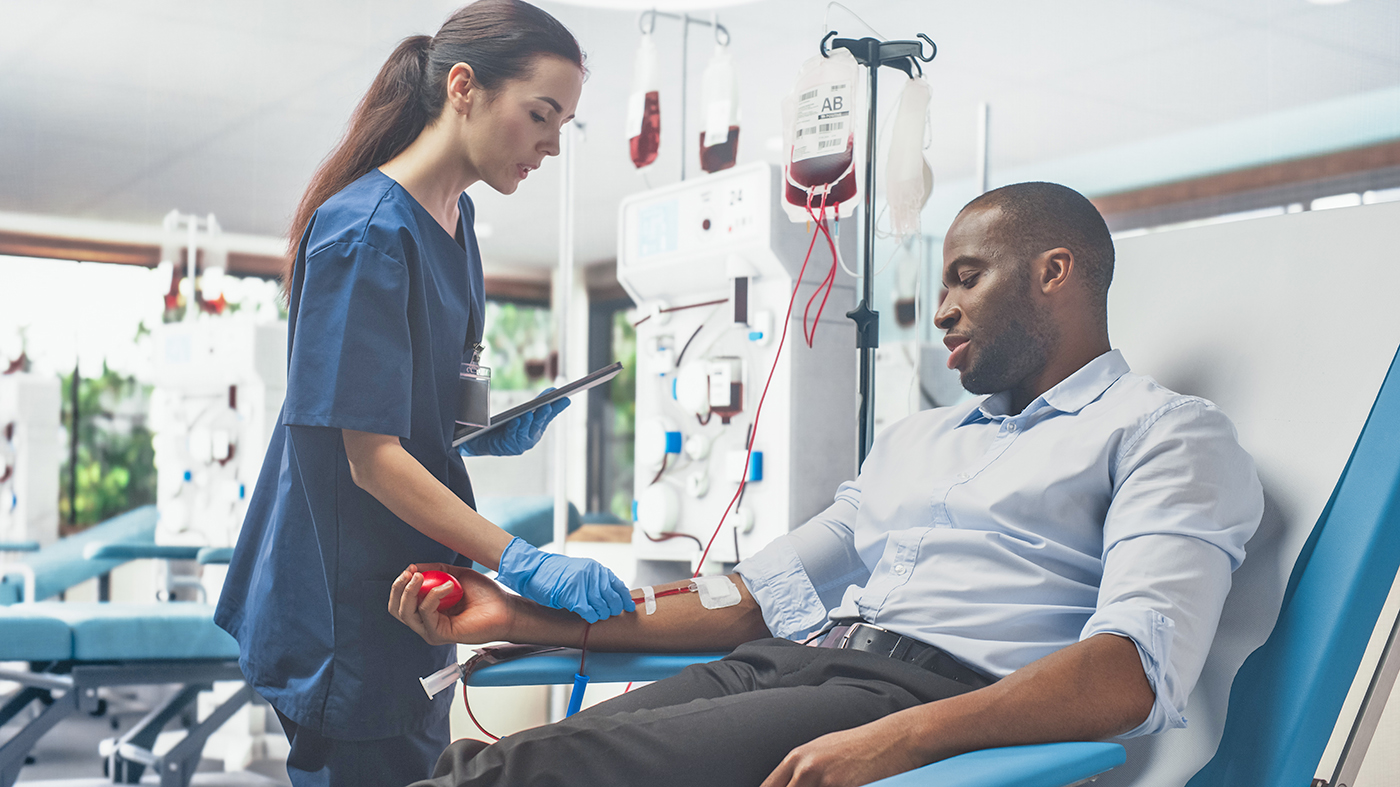Did you know volunteers are the only source of blood for patients requiring urgent care? Across the country, hospitals and clinics are facing a critical blood shortage. The number of people choosing to donate blood isn’t keeping pace with the need. Without your support, hospitals could run out of blood, leaving doctors unable to save patients in critical need.
Blood donations save countless lives each year and, every two seconds, someone in the U.S. needs blood. Whether there is a father involved in a devastating car accident with life-threatening injuries, a mother facing near-fatal complications during labor, or a child needing a blood transfusion to continue their life-saving chemotherapy treatment, your donation will make a profound impact. According to the National Heart, Lung, and Blood Institute, a single blood donation can save up to three lives.
Common myths
Many people have hesitations about donating blood but to address these concerns, blood centers debunked some of the most common myths that deter potential donors:
- Myth: Donating blood hurts.
The donation process is quick, safe and mostly painless. It only takes about 8-10 minutes, with time afterward to hydrate and have a snack before leaving. - Myth: You can’t donate blood if you have a tattoo.
In most states, you are allowed to donate as long as tattoos are applied by a licensed, regulated entity using sterile needles and ink. However, if you received a tattoo in an unregulated state, you must wait three months before donating. - Myth: You can’t donate blood if you take certain medications.
Most medications don’t disqualify you from donating, but there may be a waiting period after your final dose. Check with your local blood bank or collection agency to confirm your eligibility. - Myth: If you have high blood pressure, you can’t donate blood.
Most people with high blood pressure can still donate even when taking medications. Donors with a blood pressure higher than 180/100 on the day of donation are not eligible to donate.
If you are healthy and eligible, strongly consider donating blood. Your donation could be the difference between life and death. While not all VA facilities hold blood drives, you can confirm availability and schedule an appointment by contacting a local VA facility or a nearby collection agency.
By choosing to donate, you become a vital part of the solution to the blood shortage crisis. Your generosity can provide hope and a second chance to those in critical need. Make a difference today—donate blood and save lives.
Topics in this story
Link Disclaimer
This page includes links to other websites outside our control and jurisdiction. VA is not responsible for the privacy practices or the content of non-VA Web sites. We encourage you to review the privacy policy or terms and conditions of those sites to fully understand what information is collected and how it is used.
More Stories
At 79, Douglas B. Hatch was paralyzed by Guillain-Barré syndrome. Now 83, he’s training to compete in the National Veterans Wheelchair Games.
VA delivers the care you have earned—whenever and wherever you need it.
Face it, muscle tension is not good for your health, but you can do something about it in 15 minutes!





